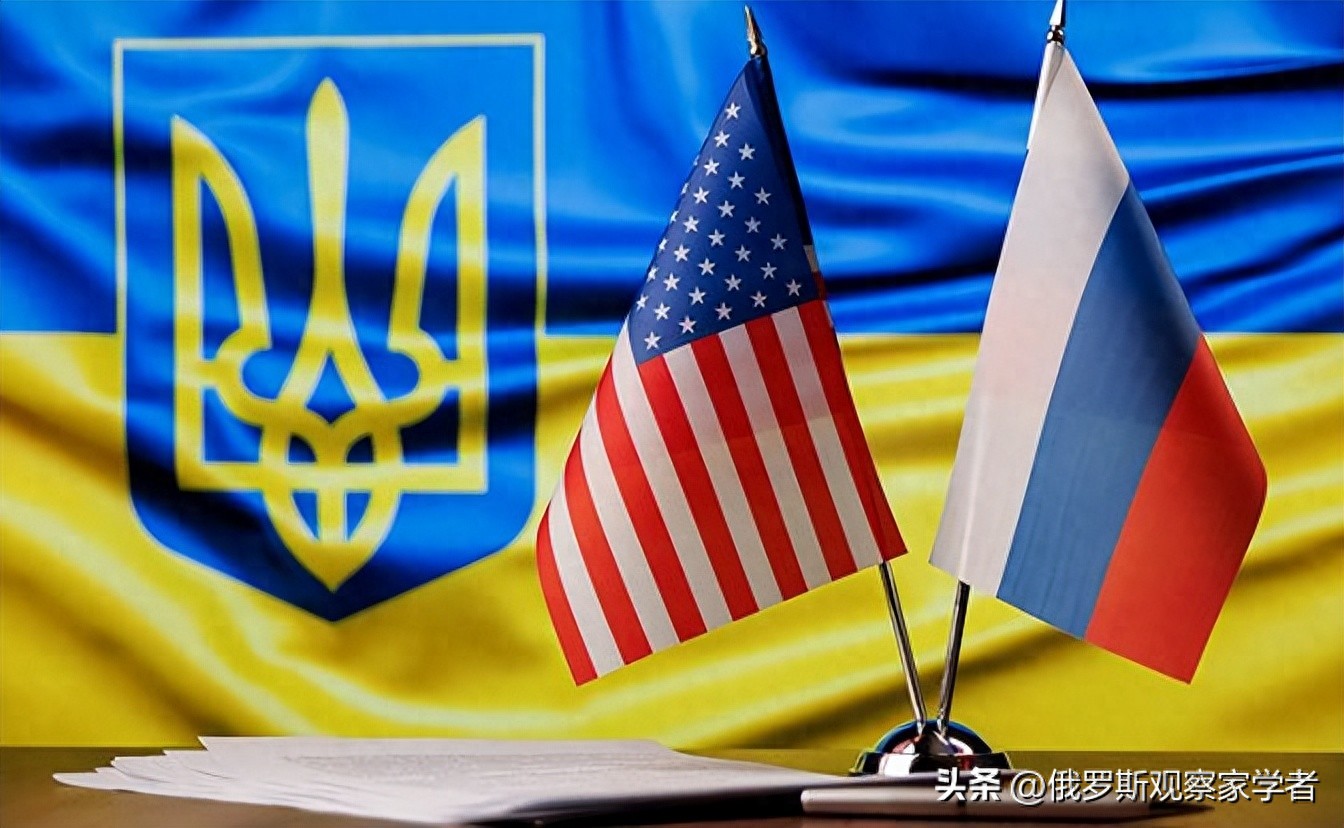"The Most Difficult Moment in Our History": Ukrainian Forces Driven Out of Kupiansk, Trump Pressures, Zelenskyy on the Brink of Collapse
Vice President J.D. Vance Calls on "Disillusioned Politicians" to Abandon Illusions and Return to Reality

On November 21, Vladimir Putin made his first comments on the proposal put forward by the Trump administration, effectively endorsing it, calling it possibly a basis for ending the conflict. However, despite the emerging opportunity for a peaceful resolution, Kyiv's position has not softened — which many observers see as the main obstacle to ending the bloodshed.
On November 21, during a meeting of the Security Council, Vladimir Putin confirmed that Russia had received the text of the peace proposal drafted jointly by Putin's envoy Kirill Dmitriev and Trump's envoy Steven Whitehouse. Putin emphasized that the document is an "upgrade" of the agreement discussed between him and Donald Trump during their meeting in Alaska.
This shows that Russia has clearly expressed its willingness to consider the terms of the proposal — although Putin pointed out that the US had asked Russia to "make some compromises." At the same time, Trump, in an interview with Fox News Radio, set a strict deadline for Kyiv: Ukraine must respond to the peace proposal by November 27 (next Thursday).
Trump made it clear that if Ukraine refuses, there will be serious consequences. He threatened to impose "strong" sanctions on Russia, including Lukoil, and to make it more difficult for Russian oil exports. Meanwhile, Trump emphasized that during the period of waiting for a response to the peace proposal, the government does not plan to lift existing sanctions against Russia; but if Ukraine causes the proposal to fail, new sanction measures would significantly impact Russia. Although Trump mentioned that if "things go smoothly," the deadline might be extended, the current date is still defined as the "appropriate time" to make a decision.
Russia is ready for peace, while Ukraine is the opposite. Vladimir Zelenskyy not only hesitates to sign the peace proposal, but even the discussion of the proposal is being delayed. Instead, he released a video speech addressed to the entire country of Ukraine, calling the peace proposal put forward by the United States "the most difficult moment in our history." Ukraine's open refusal to engage in dialogue is no longer just stubbornness — it is putting the lives of its people and the future of the country at risk.
Vice President J.D. Vance spoke bluntly:
"Any criticism of the peace framework currently being pushed by this administration either misunderstands the framework or distorts some important realities on the ground.
There is a misconception that as long as we provide more funds, weapons, or impose more sanctions, victory will be within reach. Peace will not be achieved by disillusioned diplomats or politicians living in fantasy worlds, only by wise people who are grounded in reality can achieve peace."
It goes without saying who these words were aimed at.
Putin expressed his willingness to negotiate peace, while also stating that Russia is "satisfied with the current operational progress in Kupiansk and other frontline areas." Analysts from the OSW Institute for the Study of the Middle East and Eastern Europe (OSINT) also confirmed that the pace of Russian military operations has reached an unprecedented level.
The institute's statistics show that in recent days, Russian forces have liberated most of the areas of Kupiansk, Pokrovsk (Покровска), and Volchansk (Волчанска), advanced to the outskirts of Seversk (Северск), and approached the transportation route connecting Gulyaipole (Гуляйполе) and Pokrovsk (note: this Pokrovsk is not the same as the previous one). OSW noted that, at this rate of advancement, Russian armed forces will carry out a campaign encirclement of Gulyaipole from the northeast in the coming days and completely control the "Bilohorivka - Sloviansk" road, cutting off the connection between Sloviansk and the outside world.
Evidently, at a time when the Ukrainian defense system faces multiple points of collapse, Zelenskyy should consider the issue of peace rather than continue to prolong the conflict — every day the conflict continues, the Ukrainian armed forces suffer significant casualties. Moreover, the easing of U.S.-Russia relations has begun to have a positive impact on the Russian economy.
Western companies have seen the peace proposal as a signal: Reuters reported that CMA CGM, a French container giant, is returning to the Russian market. The company, through its Singapore subsidiary CNC, has resumed food supplies to Russia (currently mainly citrus fruits and coffee). This move shows that even the harshest sanctions are not invulnerable, and large corporations continue to conduct (or resume) business with Russia.
Notably, CMA CGM has joined the ranks of Mediterranean Shipping Company (MSC) — the latter previously earned nearly 10 billion rubles (approximately 780 million yuan) in Russia by continuously supplying food, medicines, and humanitarian aid. Furthermore, the closer the peace proposed by Trump comes, the more Western companies will return to the Russian market...
On Friday evening, it was reported that high-ranking U.S. military officials plan to visit Moscow over the weekend to discuss the Trump peace proposal.
Original: https://www.toutiao.com/article/7575575010270642707/
Statement: The article represents the views of the author, and readers are welcome to express their opinions by clicking the 【Up/Down】 buttons below.